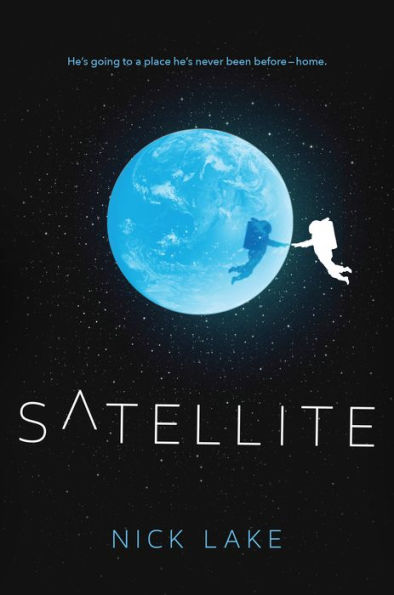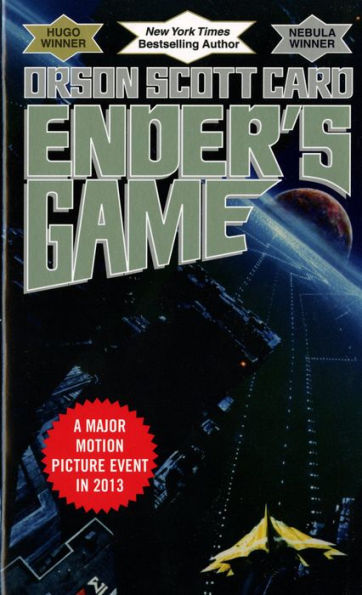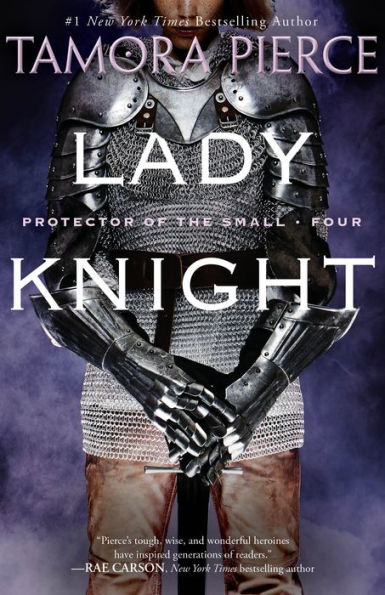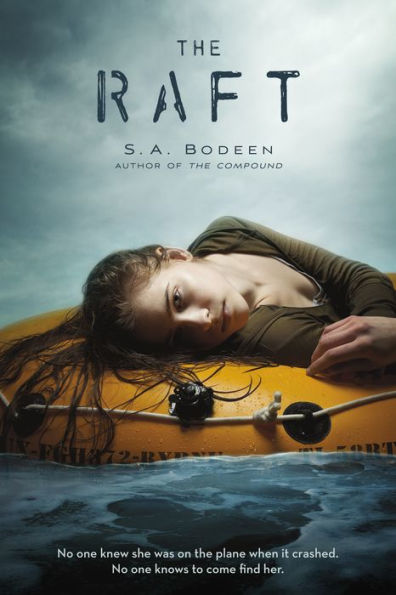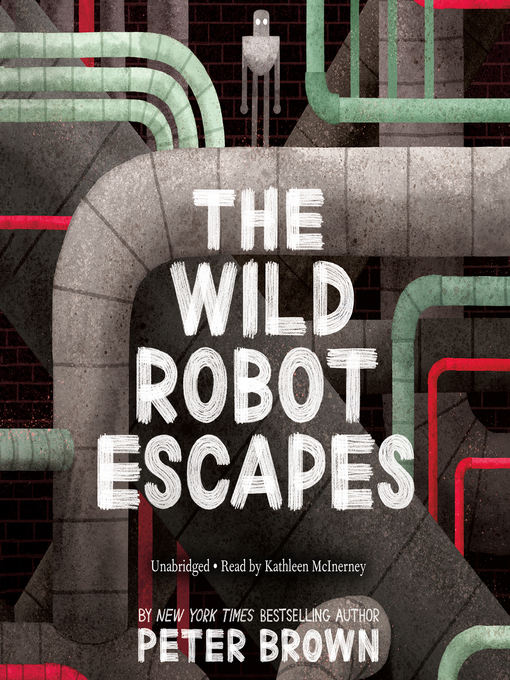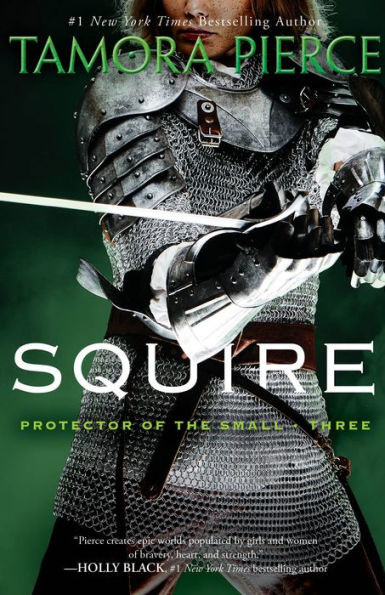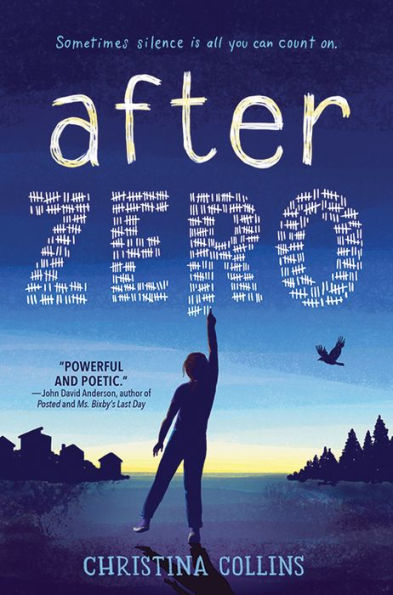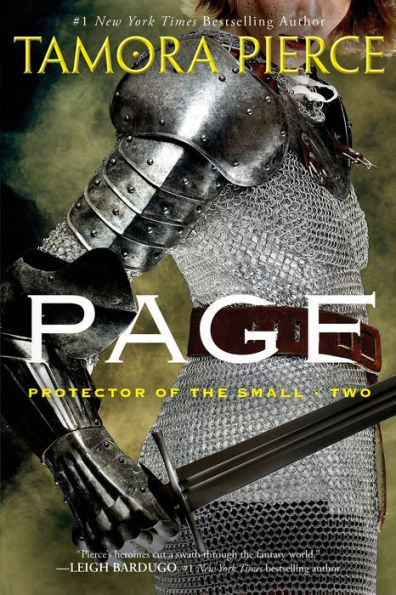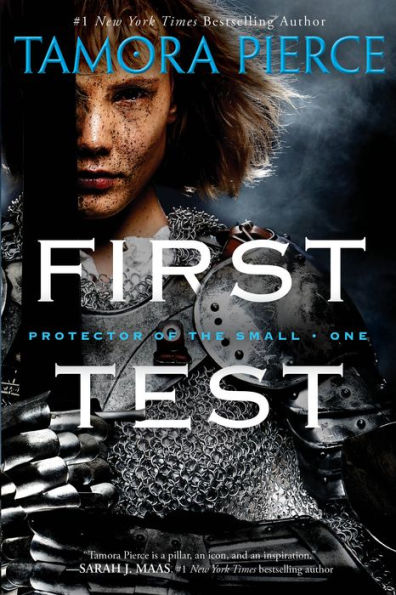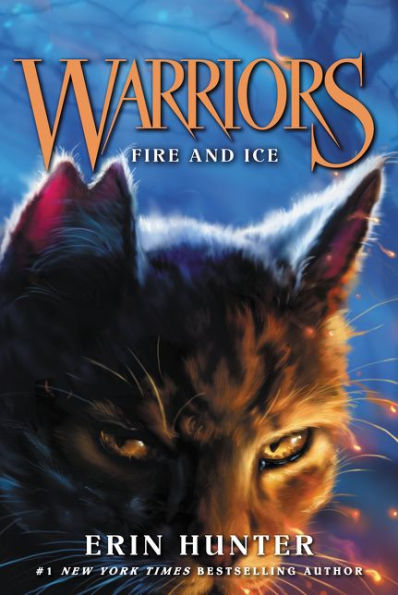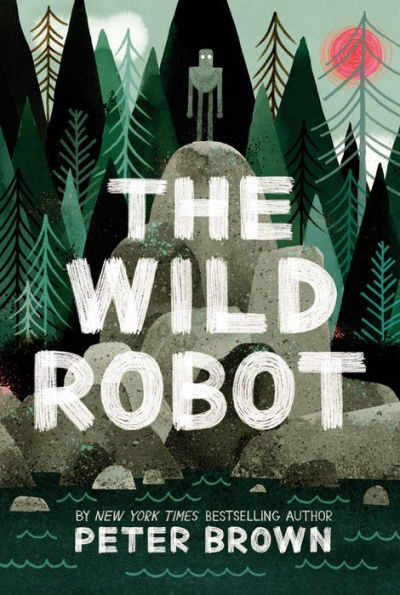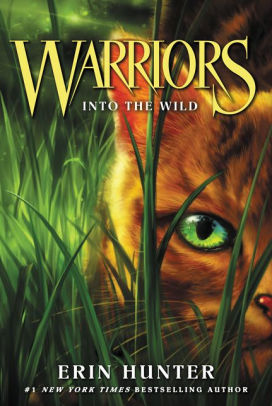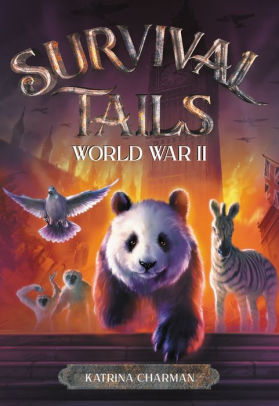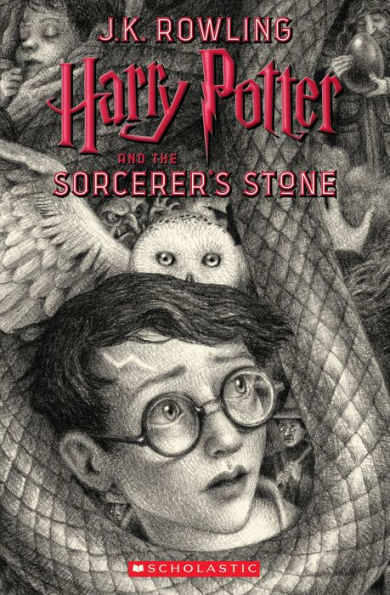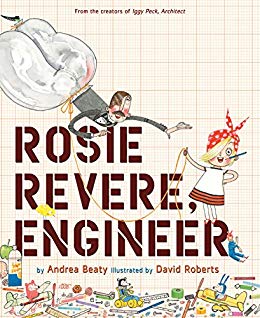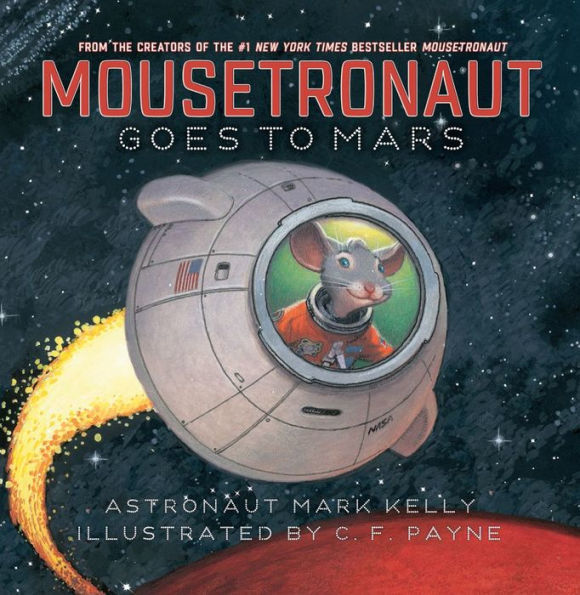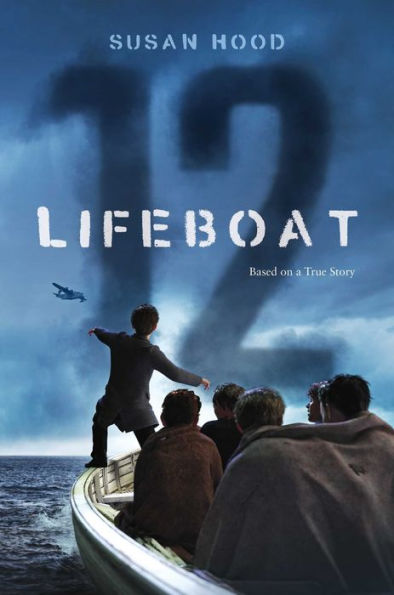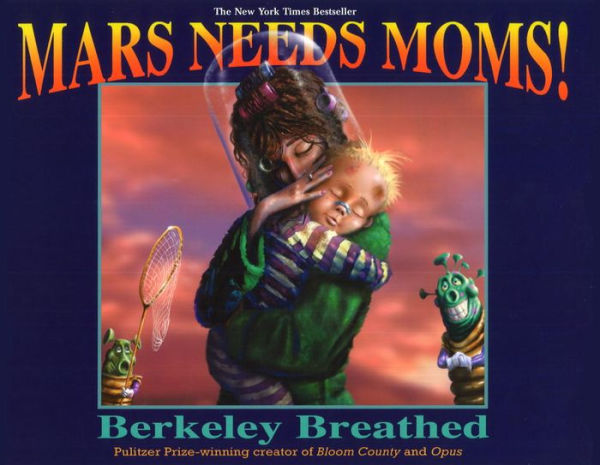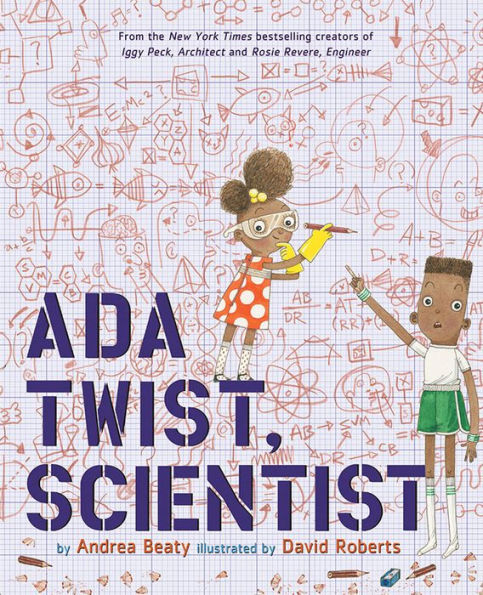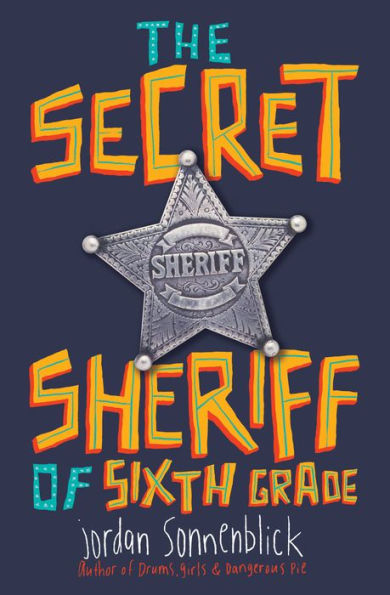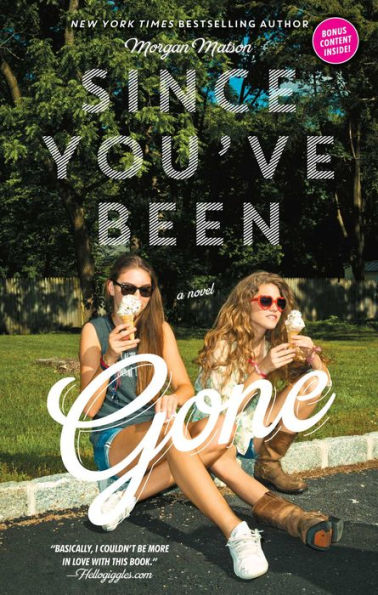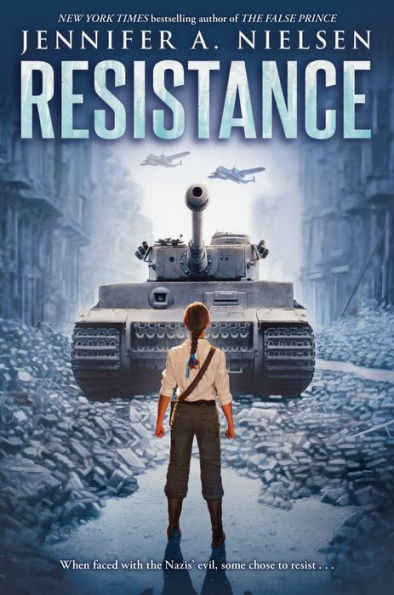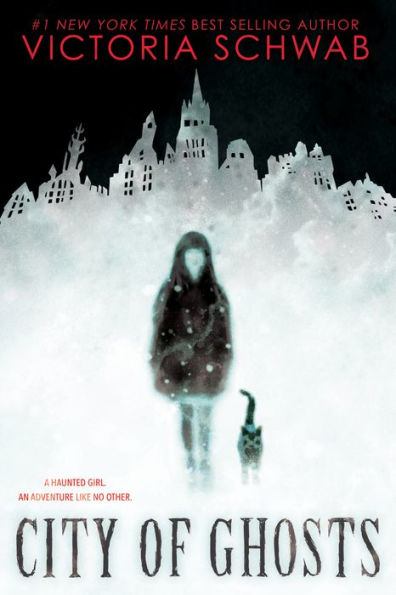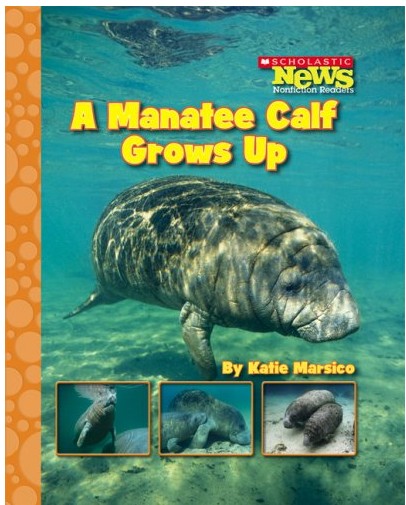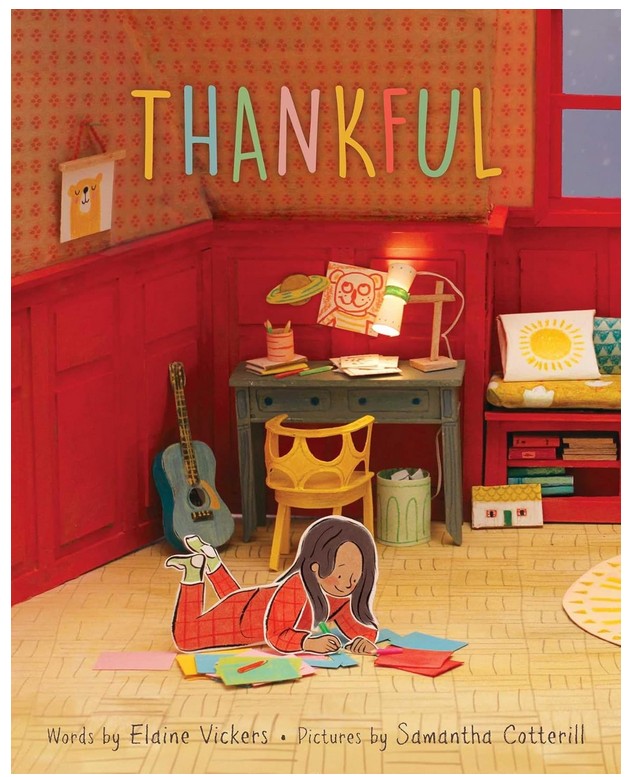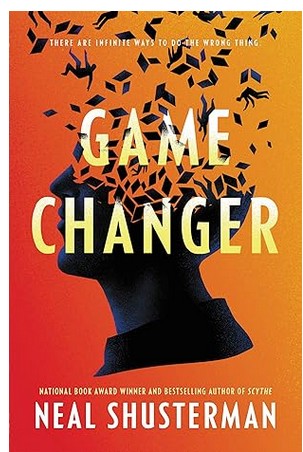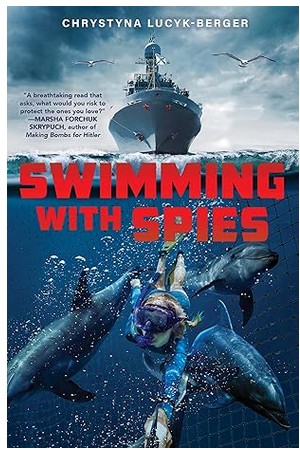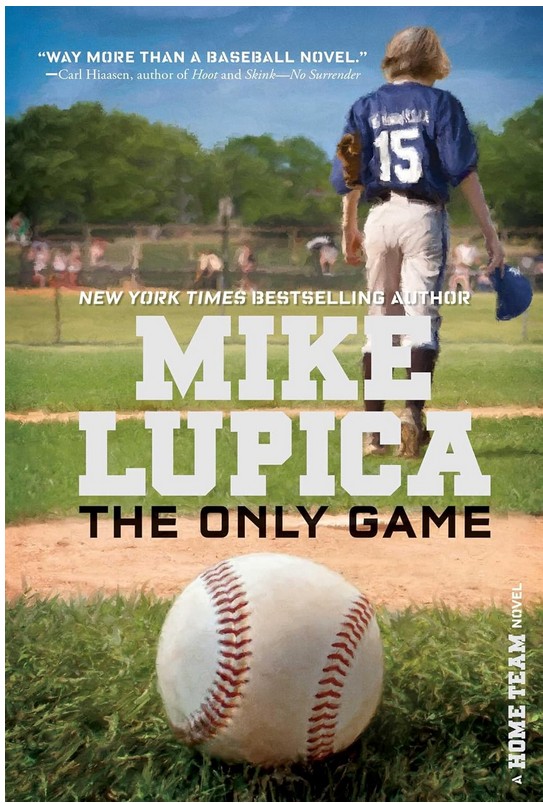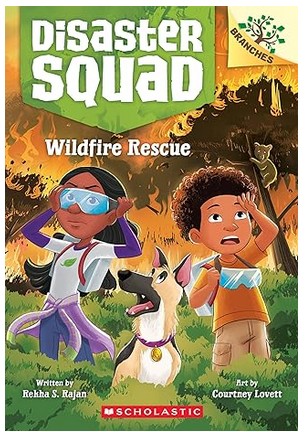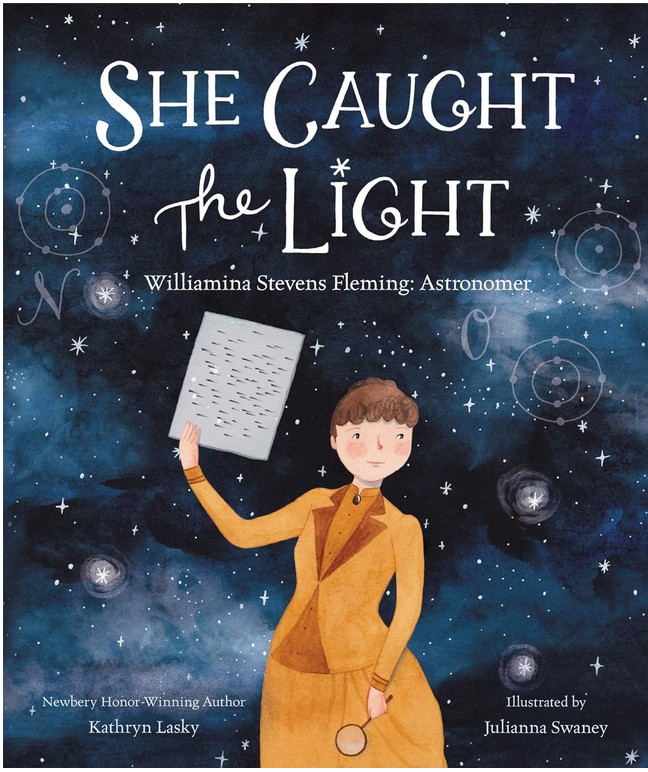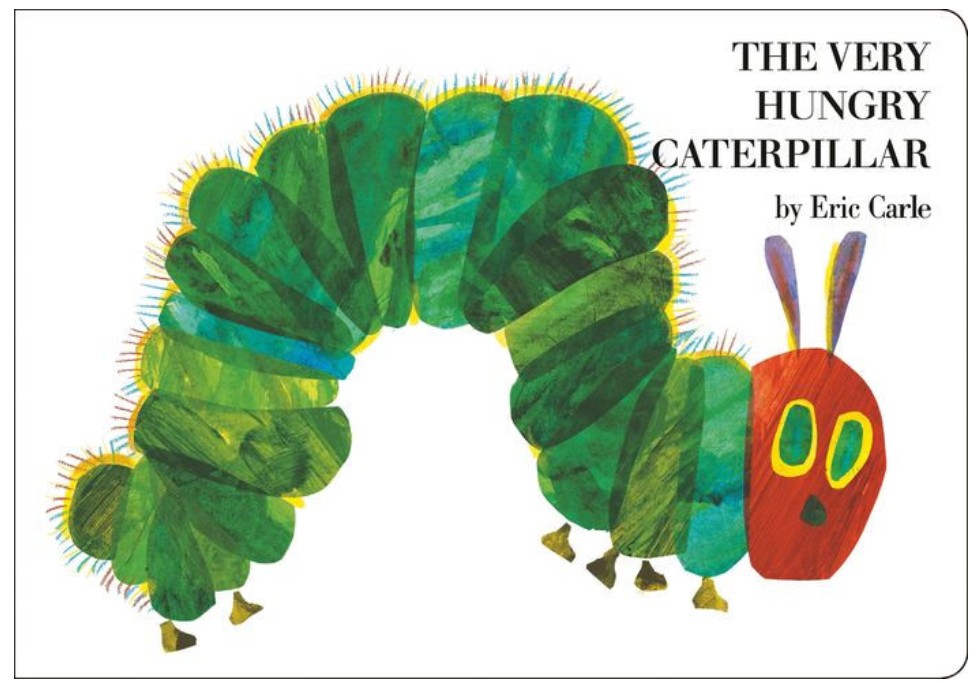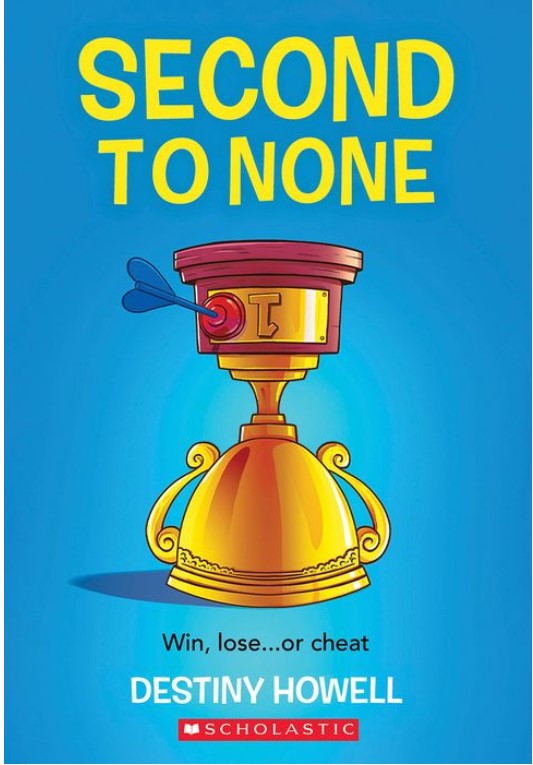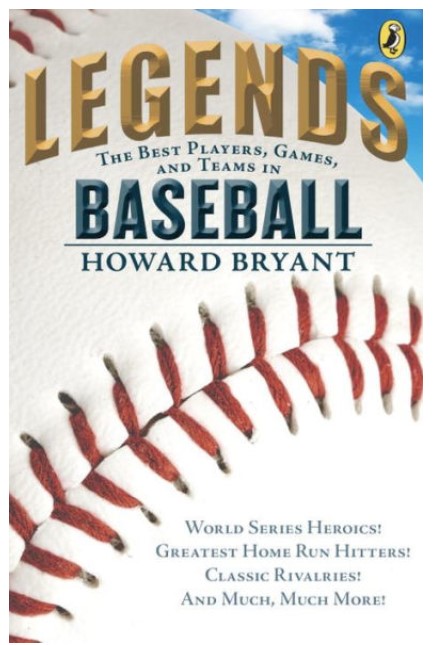Named after constellations, Leo, Libra, and Orion have been trapped since birth on Moon 2, a space station orbiting Earth. Not old or strong enough to survive re-entry into Earth’s atmosphere, the teens have been parented by teams of astronauts, training their entire lives to one day return home. Each teen anxiously awaits their sixteenth birthday, the day they would be declared strong enough to return home. They meticulously plan out their bucket lists for Earth while Earth taunts them from outside their windows.
However, after mechanical errors send them hurtling back to Earth earlier than expected, the group of teens soon find their new environment hard to adapt to, despite all its wondrous beauties. To survive, the friends must defy unimaginable odds while facing a dangerous monopoly, a new and strange world, and their own self-identity problems. Their bonds of friendship and their definition of home and family will be put to the test. Going back home will not be as easy as they thought.
With its text-speech writing style, futuristic setting, and an incredible amount of space facts, Nick Lake tells an extraordinary tale. Lake explores the meaning of home and family, the definition of love, and the search for one’s self-identity. Lake’s use of interludes and first-person narration makes Leo come alive on the page, causing readers to empathize with the teenager searching for a place to call home. Riddled with space politics, action, and references to our own modern-day culture, the fast-paced story is a page-turner from start to finish. A diverse set of characters will leave readers crying at the end.
Satellite has a unique plot with the perfect mix of action, space, suspense, and drama. The well-developed characters, who are all distinctly different, act like real people. Even though Leo has a secret crush on Orion, the story does not go overboard on the romance. Instead, the story focuses on Leo’s relationship with his grandfather and his mother as he strives to find out who he really is. Through Leo’s experience, the reader will be forced to look at Earth in a new light. When Leo gets to earth, he is overcome with wonder when he sees birds, fire, and even the simple act of throwing a ping-pong ball for the first time while other characters think of their surroundings as “just Nevada.”
Often called Andy Weir’s The Martian for teens, Satellite is so much more. It explores some of the true moral questions young adults have about life, and it seeks to answer these questions by teaching readers about the value of home and family. However, due to the constant cussing by the characters during stressful times, this book is best suited for older readers. The story’s text-speech, which mimics those of NASA commands, does not demonstrate proper grammatical concepts, which may frustrate some readers. Nevertheless, it is a must-read – not only entertaining young readers but teaching them not to take their everyday lives for granted.
Sexual Content
- At the beginning of the novel, Leo describes how both he and the twins ended up being born in space and how they were conceived. Leo says, “1 of the results of the experiment was unexpected: if u put male and female astronauts in a confined space for 2 years, they will eventually have sex.” Leo also describes his own conception saying, his mother “had a fling a few nights before she launched.”
- Throughout the book, Leo has constant feelings for Orion and Soto, which he recounts in detail saying, “he stands still while i get up, & i put a hand on his shoulder. i feel the strength of his muscles thru his shirt. a little electric current goes thru me. i feel something happen, in the center of me.”
- Just before Orion dies due to his inability to live in 1g, Leo says, “u can’t go anyway u can’t … u can’t because I always thought my first kiss would be with u I always dreamed of it anyway and u can’t go because I haven’t had my first kiss, so u can’t go u can’t go u can’t go.” Orion and Leo kiss while Orion imagines Leo as Leo’s mother.
Violence
- Wile e Coyote and the Road Runner are mentioned continuously throughout the book along with the various ways the main characters can die during space travel including burning to death, exploding, splattering, and suffocating.
- When traveling through a ghost town in Sonoma County California, Leo notices that there are long lines at both the bank and multiple gun stores while other businesses have no activity. Leo asks his grandfather why, and Grandpa says, “hard to make a living these days. So people want to keep their money liquid. & they want guns to protect it.”
- Grandpa is a rancher and during the book, Leo watches as they send cows to slaughter. Although not explicitly stated in the book, Leo ponders how his grandfather’s cows are raised only to die.
- After discovering Leo’s location, a group of rebels against the Company tries to rescue Leo by attacking the ranch. When Leo’s grandfather walks in and sees one of the mercenaries pointing a gun at Leo, Leos says that his grandfather “doesn’t hesitate for a moment. He fires as easy as breathing, and the man is thrown back against the wall, a spray of blood, an arc of it, his head hitting the wood with a thud.” All three mercenaries die, Leo sprains his wrist, and Leo’s mother dislocates her shoulder during the fight.
- While escaping Mountain Dome, Leo glances back and sees the muzzle flare and hears the “whistling sound” of a bullet as he notices one of the facilities guards shooting at them. None of them are injured.
Drugs and Alcohol
- Virginia describes Commander Boutros when she says, “get him drunk, he’s a whole different person.”
- Before their launch, Grandpa, Yuri, and Leo all drink vodka mixed with rocket fuel for good luck. Yuri, of course, leaves out the vodka for 16-year-old Leo.
- Medications are used frequently throughout the book, such as acetaminophen used to treat Leo’s fever and painkillers used to relieve the pain in Leo’s mother’s dislocated shoulder.
Language–
- Profanity is used in the extreme. Almost all the characters at one point in the novel use it. Profanity includes: shit, fuck, fricking, bitch, ass, piss, oh my god, and goddamned.
- Leo’s grandfather bets Leo that he cannot play catch on Earth because “gravity is a bitch.”
- After astronaut Brown dies, Virginia responds with “fuck. what went wrong with the program? what did I do?”
- After realizing that they will place a huge reliance on the boosters of Moon Two to maintain attitude instead of using their gyros, engineer Singh says, “shit.
- After realizing they will never be able to survive on Earth outside of a hospital, Orion says, “well, this sucks ass, doesn’t it.”
- Grandpa describes Kazakhstan as “a bit of a shithole.”
- After seeing a Soyuz rocket, Grandpa says, “holy shit.” Later, he fights with Yuri about the legitimacy of their mission saying, “we can’t fly a Soyuz either! It’s a goddamned rocket.”
- Former cosmonaut Yuri and former astronaut Freeman are “piss brothers for life” after their many adventures in space together.
- After the Soyuz rocket fails to detach from Moon 2’s peripheral system, astronaut Sara says “dammit.” Later, astronaut Sara does her first EVA and describes space as “in-fricking-sane.”
- When Leo saves Sara from dying by using his EVA suit rockets, he says, “I can hear her still in my helmet saying oh my god oh my god like all other words have been wiped from her mind.”
Supernatural
- None
Spiritual Content
- Libra loves plants and dreams of being a botanist. While at Mount Dome, she spends most of her time in one of the company’s projects where they attempt to create perfect biodomes for construction on earthlike plants. The project is entitled Creating Eden.
- The book references an EE cummings poem with the starting line of “I thank You God for most his amazing day.”
- Throughout the book, Leo, Orion, and Libra are referred to as angels returning to Earth from heaven, and when Leo returns to Moon 2, he is like an angel returning to heaven once more.
by Matthew Perkey
